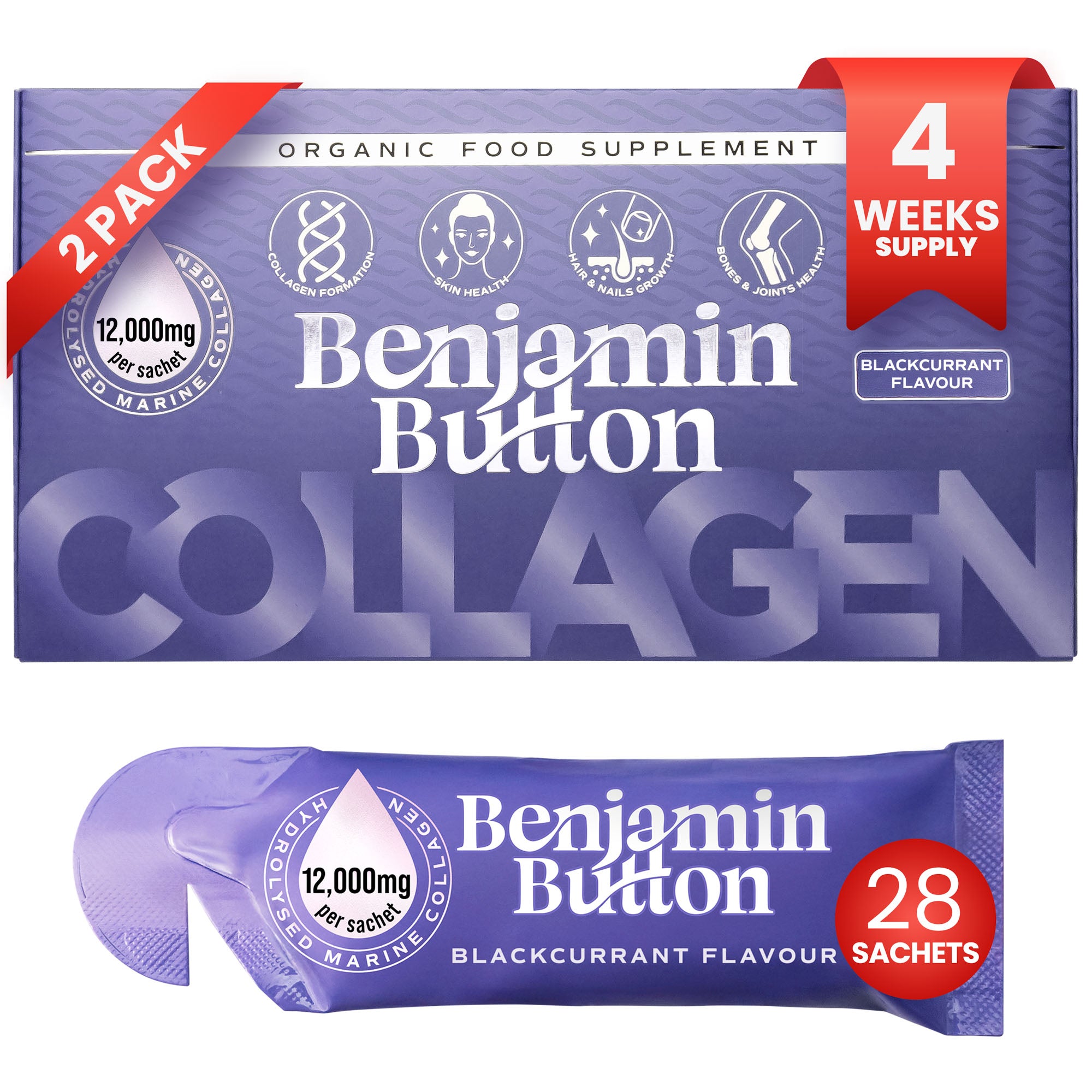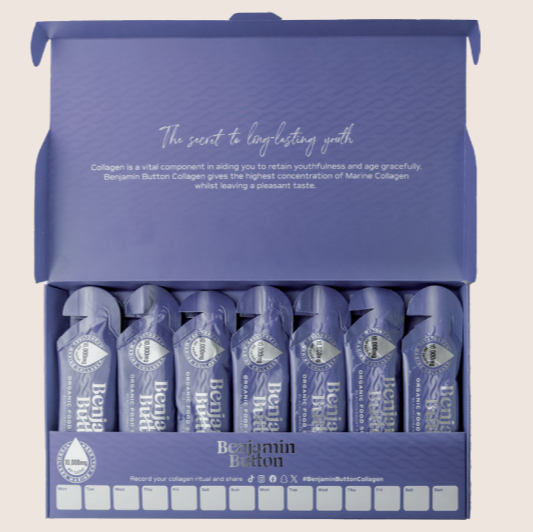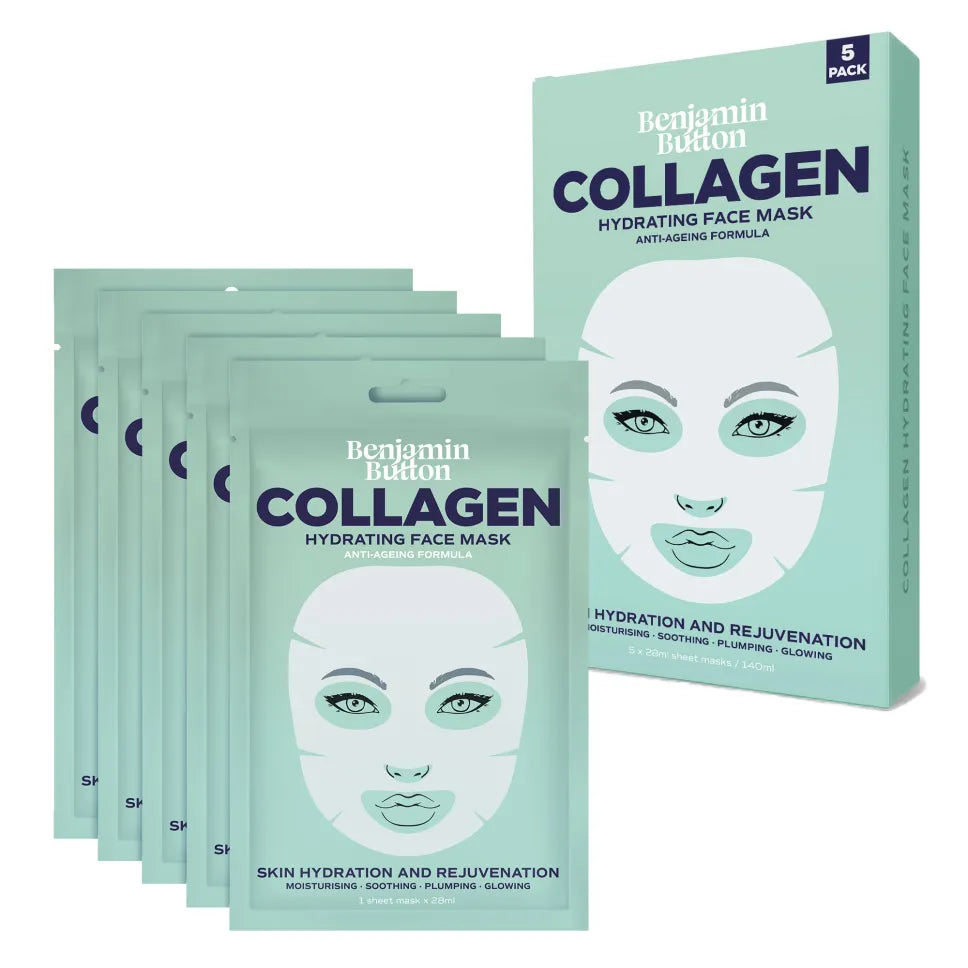14 Effective OTC Allergy Remedies for a Pleasant Spring Season
Unearthing the beauty of springtime often comes hand in hand with the pesky challenges of seasonal allergies. Pollen dances through the air, and with it comes pesky sneezes and sniffles that can pull us away from those sunny delights. However, there are effective over-the-counter (OTC) allergy remedies that can help restore your joyous experience of this vibrant season.1. Antihistamines
Antihistamines are the frontline defence against allergies, effectively blocking histamines that trigger symptoms. Common OTC options include:- Diphenhydramine (Benadryl)
- Loratadine (Claritin)
- Cetirizine (Zyrtec)
- Fexofenadine (Allegra)
2. Nasal Corticosteroids
Nasal corticosteroids are a powerful weapon against inflammation and swelling in the nasal passages. Popular choices include:- Fluticasone (Flonase)
- Budesonide (Rhinocort)
- Triamcinolone (Nasacort)
3. Decongestants
For those particularly congested during allergy season, decongestants can be a game-changer. They work by shrinking swollen blood vessels in the nasal passages. Consider these options:- Pseudoephedrine (Sudafed)
- Phenylephrine (Sudafed PE)
4. Eye Drops
When pollen strikes, itchy and watery eyes can derail your enjoyment. Allergy relief eye drops may help alleviate discomfort. Look for:- Antihistamine eye drops (e.g., Olopatadine)
- Artificial tears for lubrication
5. Saline Nasal Sprays
For a gentle way to clear the nasal passages, saline sprays can’t be beat. They hydrate the nasal membranes and can flush out allergens. Their benefits include:- Non-medicated and safe for daily use
- Moisturising effect to alleviate dryness
6. Allergy Relief Tablets
Some OTC tablets combine multiple ingredients to target various symptoms at once. They can offer a comprehensive approach to allergy management:- Combination tablets such as Allegra-D (which includes a decongestant)
- Others may incorporate pain relief and other comforting elements
7. Herbal Remedies
While not strictly OTC, certain herbal remedies can be found in pharmacy or health food stores. They include:- Butterbur
- Stinging nettle
8. Local Honey
Incorporating local honey into your diet may help desensitise your body to local pollen over time. Many swear by this natural approach, which can add a sweet touch to your tea or yogurt as well.9. Lifestyle Adjustments
Modifying your daily routine can also have a profound impact on how you handle allergies. Consider the following:- Keep windows closed during high pollen counts.
- Shower and change clothes after being outside to wash off pollen.
- Use air purifiers indoors.
10. Allergy Testing
Understanding your specific allergens through testing can tailor your approach to managing symptoms. Knowing what to avoid is just as important as what to take.11. Probiotics
Emerging research suggests probiotics may play a role in maintaining a healthy immune system, potentially offering support during allergy season. Check for probiotics that specifically mention allergy support on their labels.12. Essential Oils
Certain essential oils like peppermint and eucalyptus may help soothe respiratory issues. These can be used in a diffuser or added to a warm bath for relaxation.13. Acupuncture
Although not strictly an OTC remedy, many find relief through acupuncture, as it may help alleviate allergy symptoms through targeted treatments.14. Stay Informed
Finally, staying informed about local pollen counts and weather can help you be proactive about your allergies. Apps and websites provide real-time updates, allowing you to adapt your outdoor plans accordingly.It’s important to stay proactive with seasonal allergies, especially as the spring season beckons with its blooming beauty. With the right OTC remedies and a few lifestyle adjustments, you can revel in the joyous renewal of nature without the burdensome interruptions of sneezes and sniffles. Each person’s experience with allergies is unique, so exploring various options and finding what works for you is essential. Always consult with a healthcare professional if you have any concerns or experience severe symptoms during allergy season.
By taking these steps, you can chase away the clouds of allergies and fully embrace the warmth and joy that spring brings. Here’s to a pleasant spring season filled with the beauty of nature and free from the shackles of allergies. 🌼






















